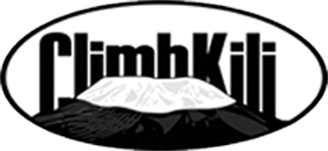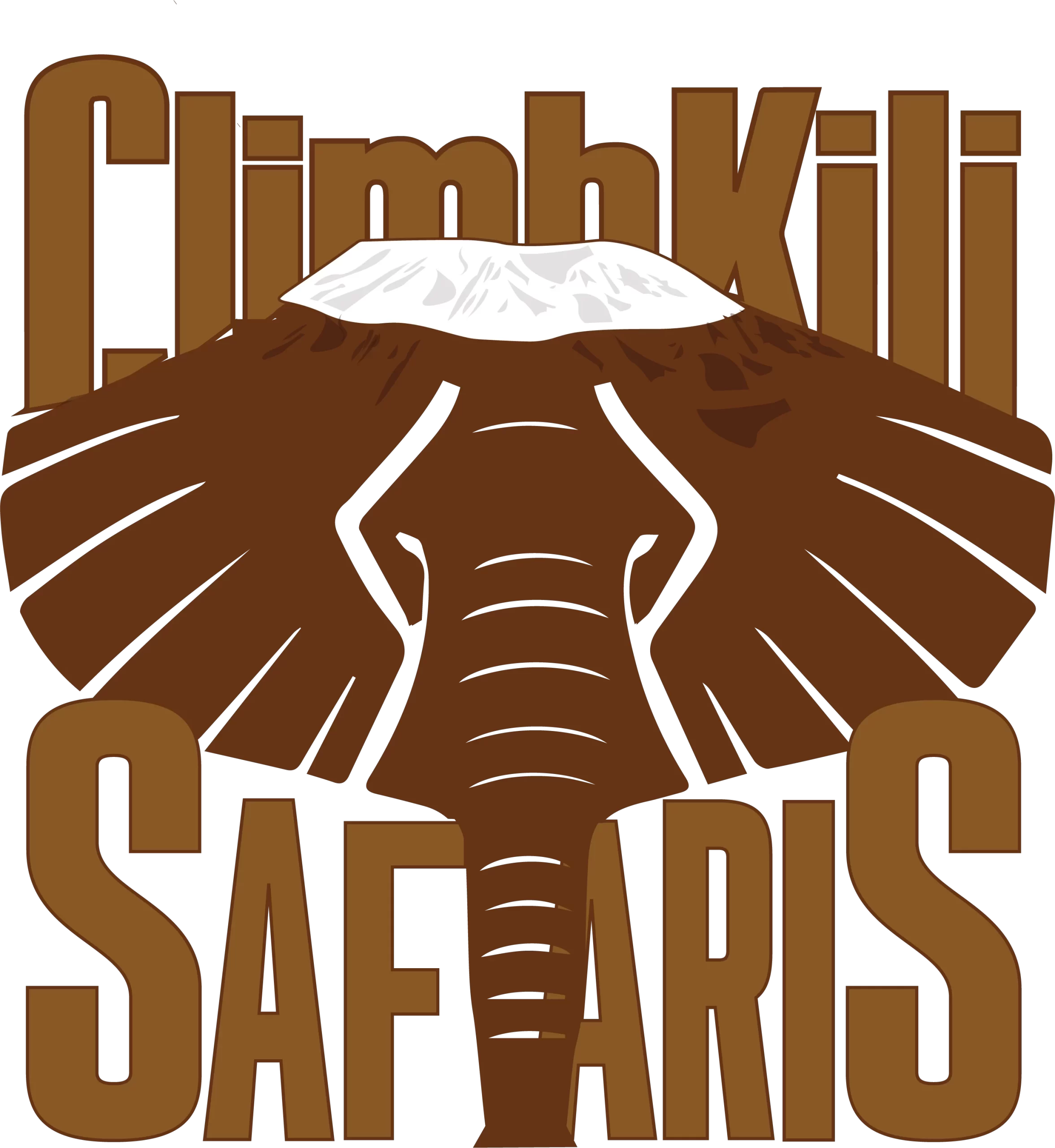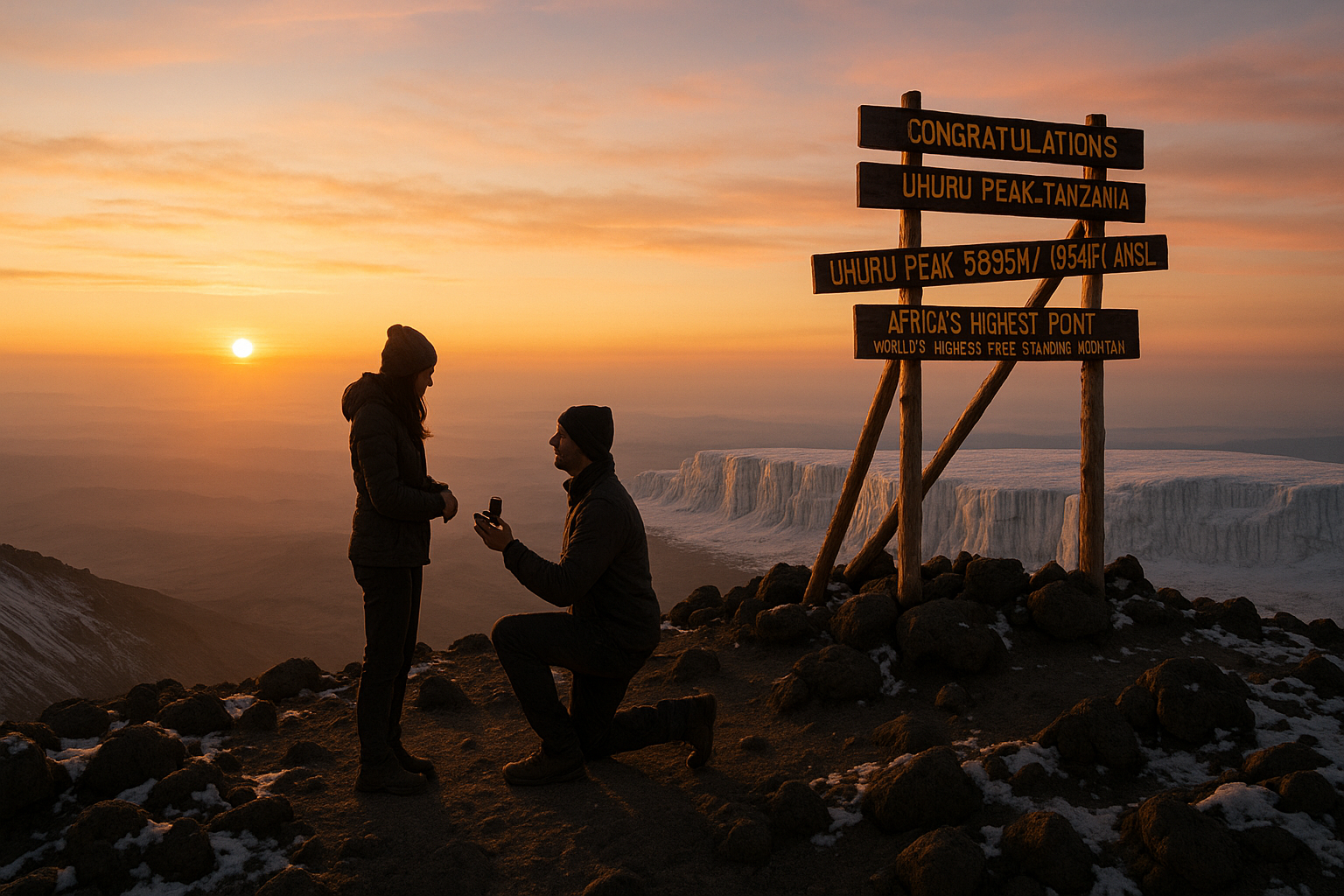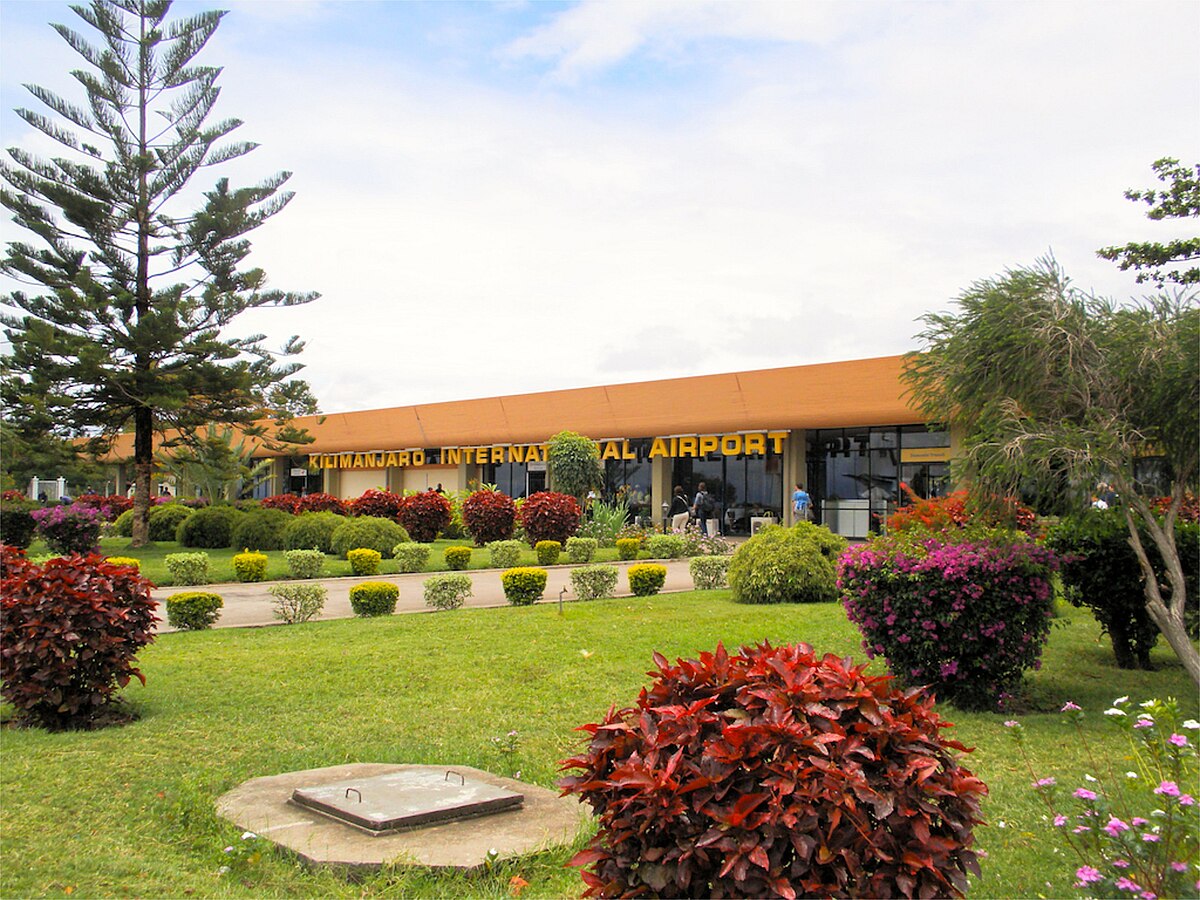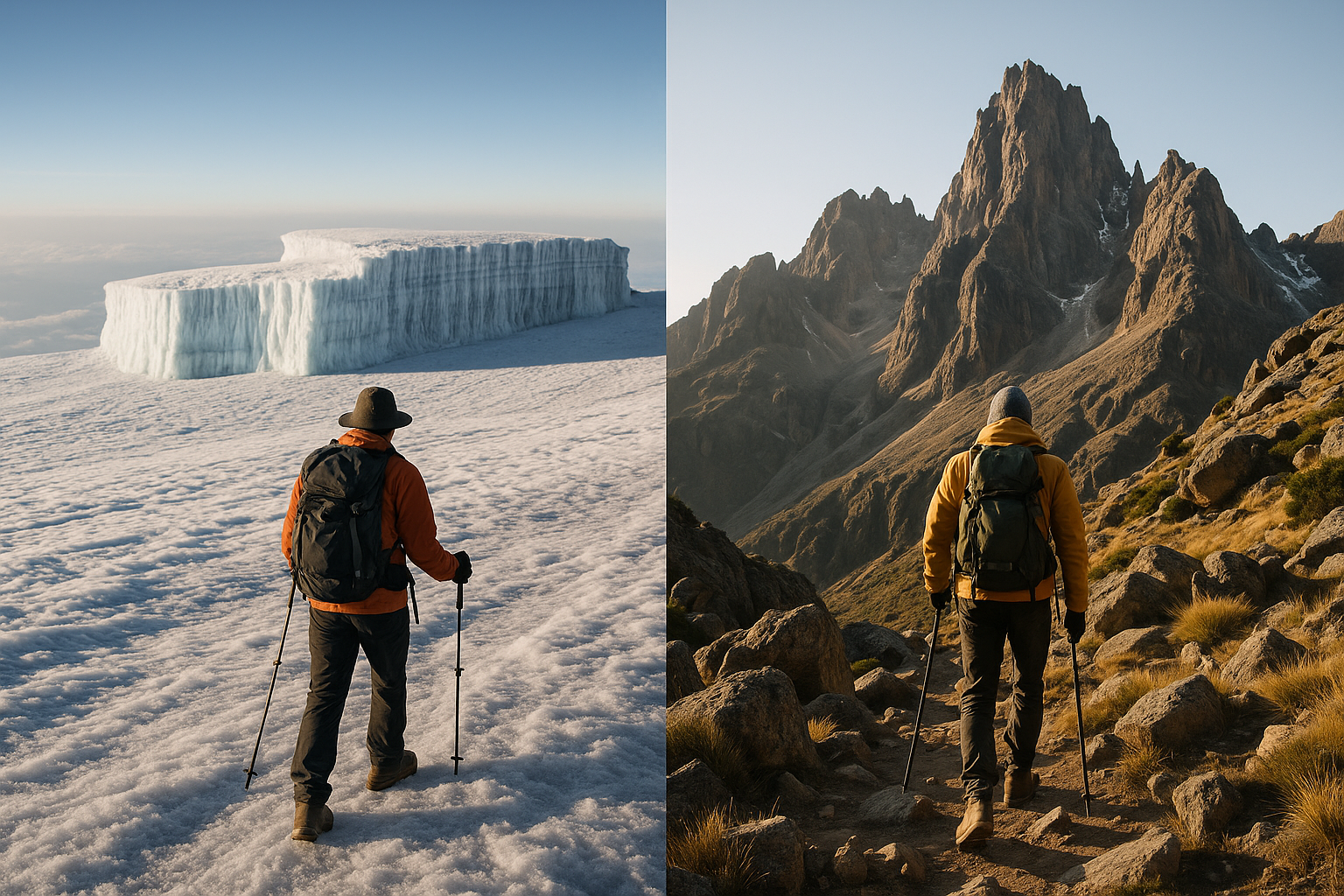Can You Climb Kilimanjaro Without Experience?
Yes! Prior climbing experience is not required to summit Kilimanjaro. It is a trekking peak, meaning it requires stamina and endurance rather than technical mountaineering skills. With proper training and the expert guidance of Climb Kili, even first-time trekkers can successfully reach the summit.
Mount Kilimanjaro, Africa’s highest peak at 5,895 meters (19,341 feet), is a bucket-list adventure. However, many wonder: “Can beginners climb Kilimanjaro?” The answer is a resounding yes—with the right preparation and support.
In this guide, we’ll cover:
- What makes Kilimanjaro unique
- Physical and mental preparation for beginners
- How altitude affects first-time climbers
- The best Kilimanjaro routes for beginners
- How Climb Kili ensures a safe and successful summit
Understanding the Climb

Unlike technical climbs that require ropes, harnesses, and ice axes, Mount Kilimanjaro is a trekking peak. Instead of scaling vertical walls, you’ll trek through diverse ecosystems, from lush rainforests to alpine deserts and snow-covered summits.
How Climb Kili Helps:
- Expert Guides: Our highly trained guides monitor your progress, offer encouragement, and ensure a steady pace.
- Personalized Support: Small group sizes mean customized pacing and close attention to every climber.
- Porter Assistance: Our experienced porters carry your heavy gear, so you only need to focus on hiking.
- Pre-Climb Training Plans: We provide structured training guides so you can prepare effectively for your climb.
Physical Preparation for Kilimanjaro
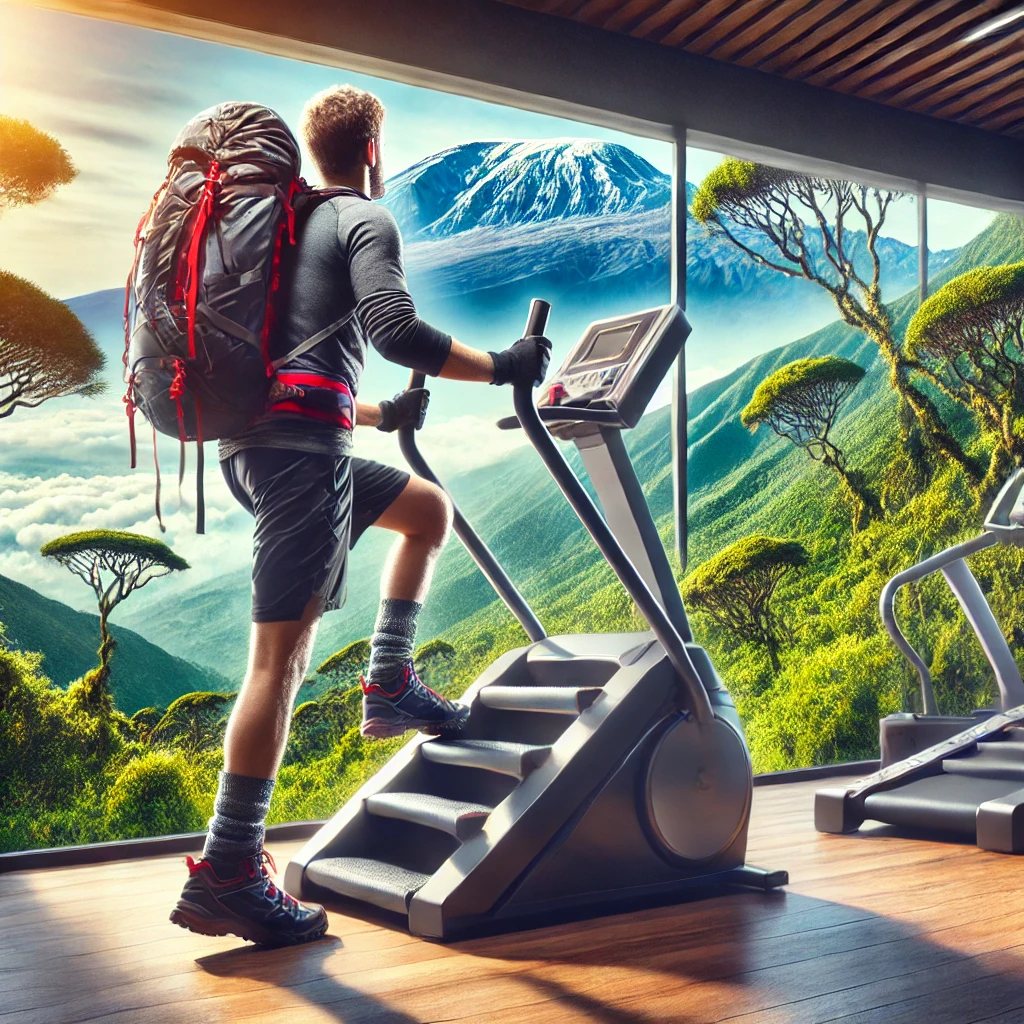
While technical skills aren’t needed, a good fitness level is essential. Expect to walk 5-7 hours per day, with summit night being the most demanding at 10-14 hours of trekking.
How Climb Kili Helps:
- Custom Training Programs: We offer pre-climb fitness plans focusing on endurance, strength, and stamina.
- Longer Routes for Gradual Adaptation: Our 7-day Machame and 8-day Lemosho routes allow for a slower, more manageable pace.
- Slow Trekking Approach: Our guides set a steady, controlled pace (“Pole, pole”) to prevent exhaustion.
Recommended Training Routine:
- Cardio: Running, swimming, or cycling to improve endurance.
- Strength Training: Lunges, squats, and stair climbing for leg strength.
- Hiking Practice: Trek on uneven terrain with a backpack to mimic real conditions.
Altitude: The Biggest Challenge
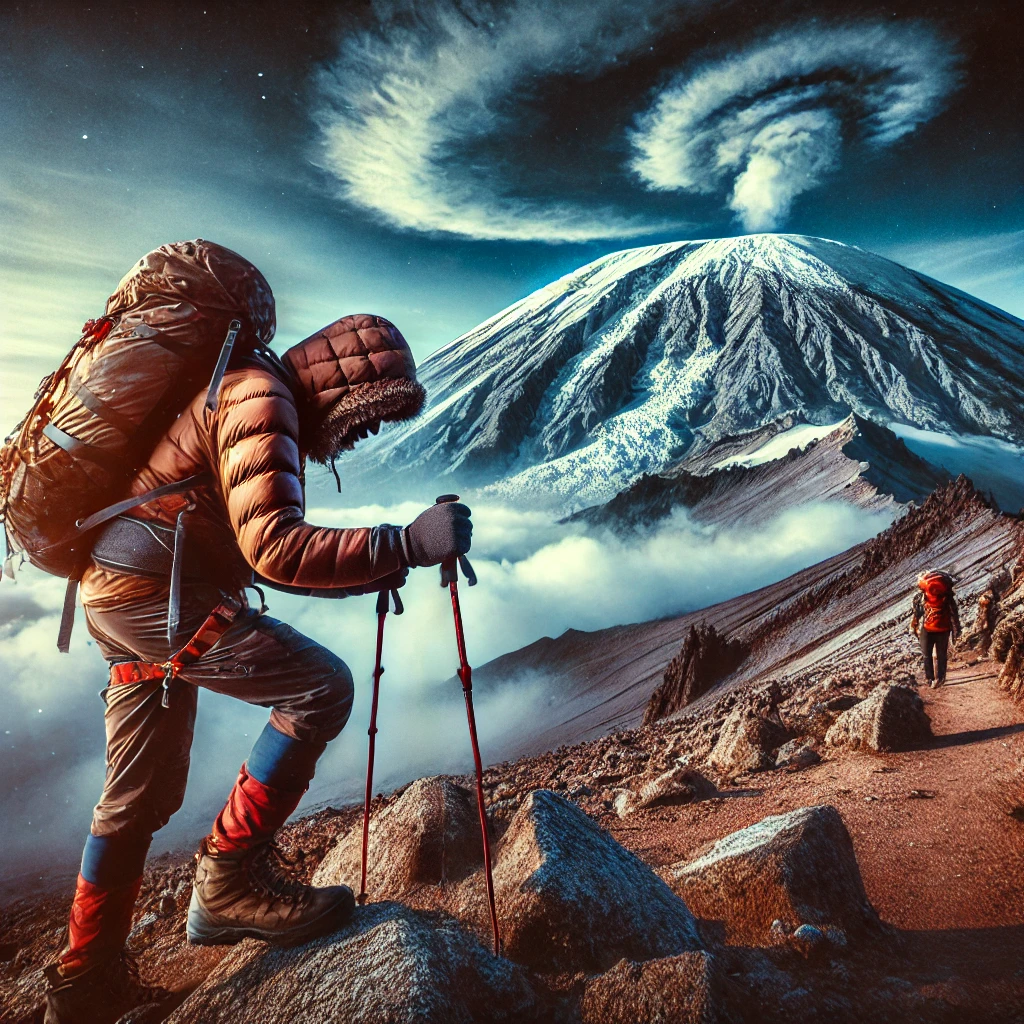
The most significant obstacle for beginners is altitude sickness, as oxygen levels drop the higher you go.
How Climb Kili Helps:
- Gradual Acclimatization: Our itineraries are structured for proper altitude adaptation.
- Daily Health Checks: Guides monitor oxygen levels and heart rate to detect altitude sickness early.
- Emergency Support: We carry supplementary oxygen and first aid kits for safety.
- Kosovo Camp Advantage: Our exclusive high-altitude camp reduces the summit push, increasing your success rate.
Tips for Avoiding Altitude Sickness:
- Choose a longer route for better acclimatization.
- Drink 3-4 liters of water daily to stay hydrated.
- Follow the “Pole, Pole” (slow and steady) pace.
- Recognize symptoms early and inform your guide.
Best Kilimanjaro Routes for Beginners
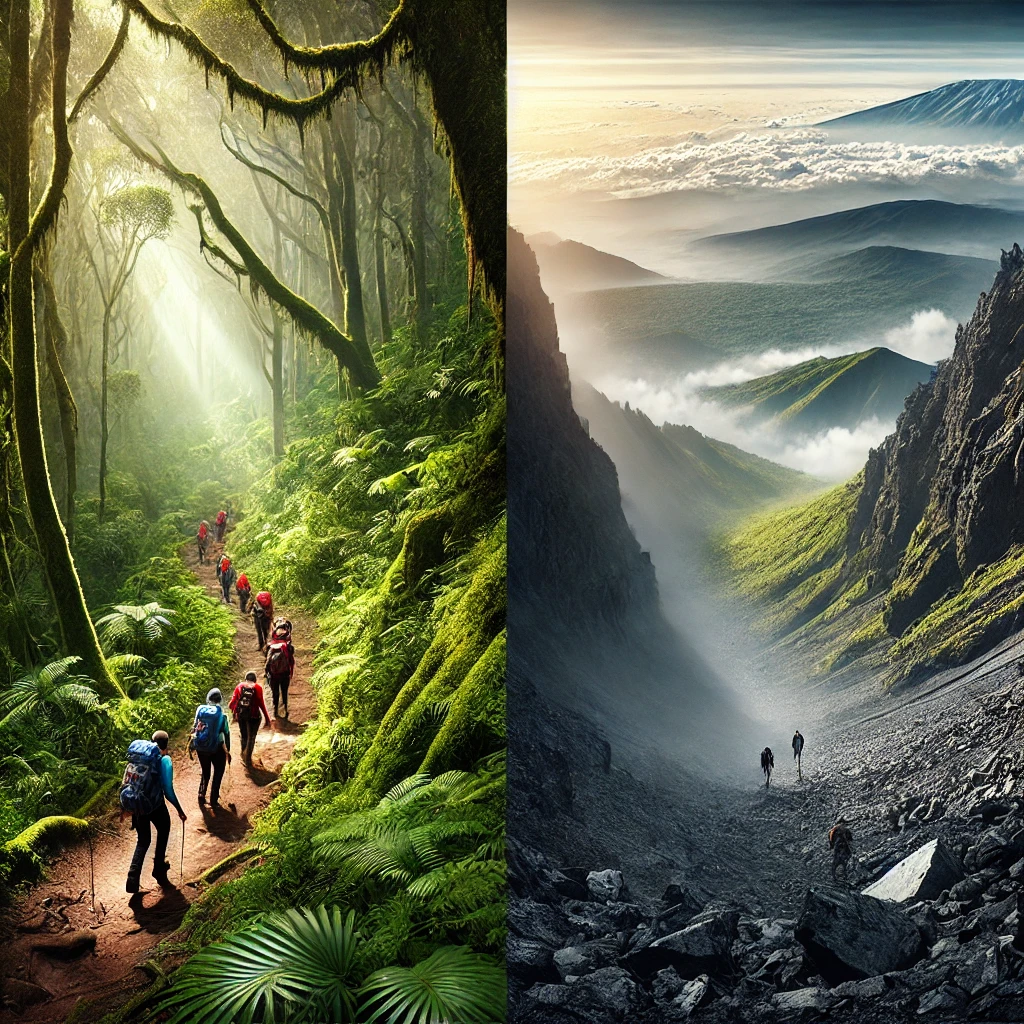
Your choice of route impacts your summit success. Climb Kili only offers the best acclimatization routes:
Recommended Routes for First-Timers:
- Lemosho Route (8 days): 98% success rate, gradual elevation gain, and breathtaking views.
- Machame Route (7 days): 98% success rate, scenic but steeper, great for those with trekking experience.
How Climb Kili Helps:
- High-Success Routes: We select the best routes for optimal acclimatization and minimal difficulty.
- Flexible Itineraries: Our team helps you choose the best schedule based on your ability and comfort level.
- Comprehensive Route Briefings: We provide detailed explanations and training before you begin your climb.
Summit Night: The Ultimate Challenge
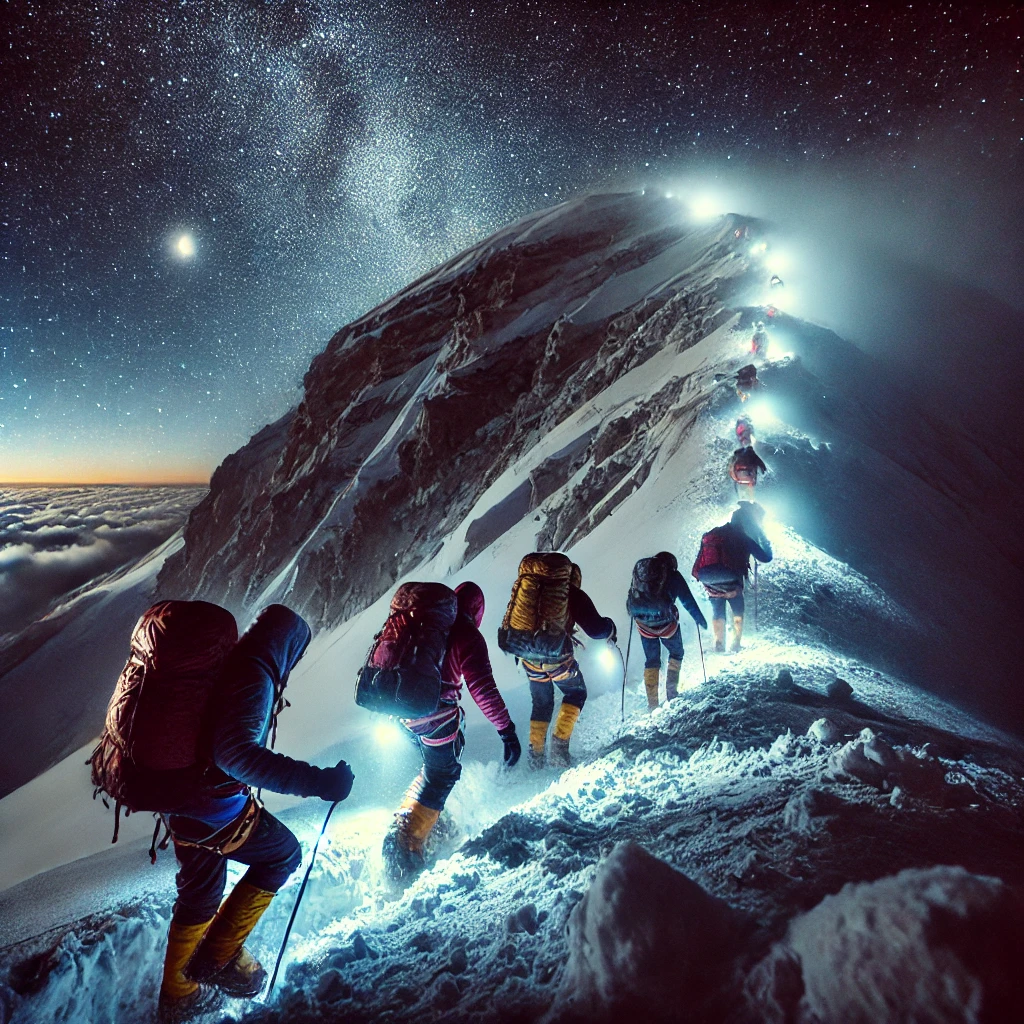
Summit night is when your mental and physical strength is put to the test. You’ll start at midnight and trek for 6-8 hours in freezing temperatures to reach Uhuru Peak at sunrise.
How Climb Kili Helps:
- Motivational Guides: Our highly trained guides provide encouragement and support to keep you going.
- Pre-Summit Nutrition: We ensure climbers eat high-energy meals and hydrate properly.
- Strategic Rest Breaks: We schedule short, regular breaks to help maintain stamina.
- Top-Quality Gear: We provide insulated jackets, trekking poles, and headlamps to manage the extreme cold and dark conditions.
Do You Need Prior Experience?
No, you don’t need prior climbing experience to summit Kilimanjaro—but preparation is key. With proper training, the right mindset, and expert guidance from Climb Kili, beginners can successfully conquer Africa’s highest peak
